Conclavoscope - Cardinal Kurt Koch
Cardinal Profile and Assessment
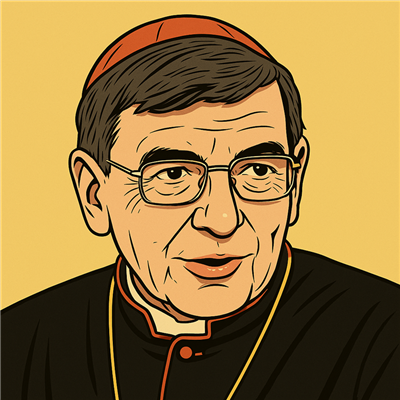
Swiss cardinal, president of the Dicastery for Promoting Christian Unity, known for his theological expertise and ecumenical commitment, with a moderately conservative doctrinal position.
| Criterion | Tendency |
|---|---|
| Moral doctrine | Centrist |
| Liturgy | Centrist |
| Sociopolitical | Moderately conservative |
| Relationship with Pope Francis | Centrist |
| Dialogue | Very progressive |
| Communication | Moderately progressive |
| Overall tendency | Moderately progressive |
Kurt Koch was born on March 15, 1950, in Emmenbrücke, in the canton of Lucerne, Switzerland. After studying theology at the University of Lucerne and at Ludwig-Maximilians-Universität in Munich, he obtained a licentiate in theology in 1975. He was ordained a priest on June 20, 1982, for the diocese of Basel. (Cardinal Kurt Koch - The College of Cardinals Report, Swiss Cardinal to Speak on Ecumenism | CUA, Kurt Koch)
From 1982 to 1989, he taught dogmatic and moral theology at the Catechetical Institute of Lucerne, then became professor of dogmatic and liturgical theology at the Faculty of Theology of Lucerne until his episcopal appointment. (Kurt Koch)
On August 21, 1995, he was appointed Bishop of Basel by Pope John Paul II, who personally consecrated him on January 6, 1996. He held this position until 2010. (Kurt Koch, Kurt Koch)
On July 1, 2010, Pope Benedict XVI appointed him president of the Pontifical Council for Promoting Christian Unity, a position he still holds. He is also president of the Commission for Religious Relations with Judaism. On November 20, 2010, he was created Cardinal-Deacon of Nostra Signora del Sacro Cuore. On May 3, 2021, he was elevated to the rank of Cardinal-Priest. (Kurt Koch)
Cardinal Koch is considered moderate, with a conservative sensibility on doctrinal matters, while being open to interreligious and ecumenical dialogue. He has defended religious freedom, including for Muslims in Switzerland, while calling for reciprocity in majority-Muslim countries. (Kurt Koch)
As a member of several Roman dicasteries and having participated in the 2013 conclave, he has an extensive network within the Curia and the College of Cardinals. His long experience at the Vatican strengthens his institutional credibility.
Cardinal Kurt Koch upholds traditional Catholic moral teachings, particularly on issues like homosexuality and abortion. While he acknowledges ongoing ethical debates within ecumenical dialogues, he maintains a conservative stance, emphasizing the importance of adhering to established Church doctrines.
Cardinal Koch is known for his balanced approach to liturgical practices. He respects traditional forms of the Mass but also recognizes the need for liturgical renewal. He cautions against viewing the Second Vatican Council as a rupture, advocating instead for continuity within the Church's liturgical tradition.
Cardinal Koch has not prominently engaged in sociopolitical issues such as ecology or migration. His primary focus remains on theological matters and Church unity, with limited public statements on broader social concerns.
Cardinal Koch maintains a respectful and collaborative relationship with Pope Francis. While he supports the Pope's initiatives, he also expresses caution regarding certain reforms, emphasizing the importance of unity and tradition within the Church.
As President of the Dicastery for Promoting Christian Unity, Cardinal Koch is deeply committed to interreligious dialogue. He has played a significant role in fostering relationships between the Catholic Church and other Christian denominations, as well as with the Jewish community.
Cardinal Koch is recognized for his thoughtful and measured communication style. He engages in theological discourse with clarity, often addressing complex issues related to Church unity and doctrine.
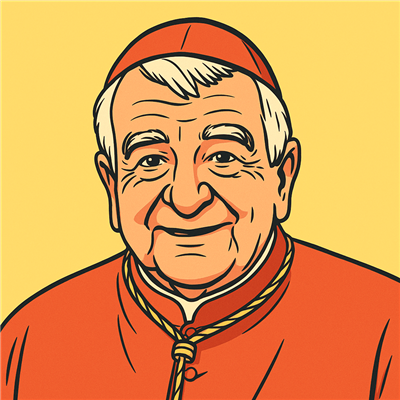
Swiss cardinal, apostolic nuncio, known for his diplomatic work and balanced approach between tradition and moderate openness.
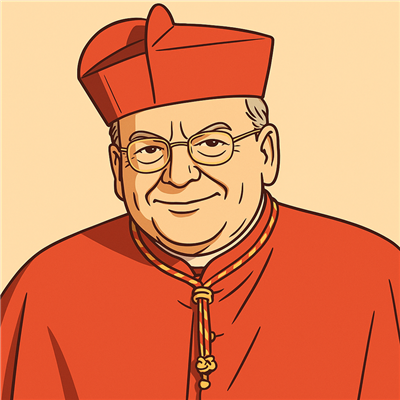
United States
American cardinal, patron of the Order of Malta, known for his very conservative positions on liturgy and doctrine, and his open opposition to certain orientations of Pope Francis' pontificate.
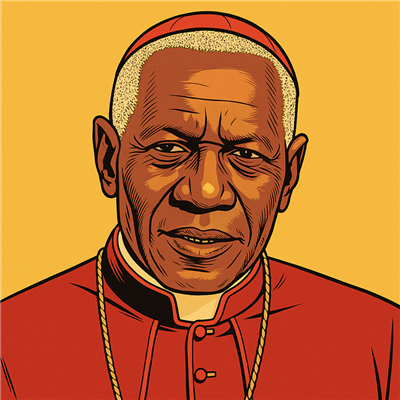
Guinea
Guinean cardinal, former prefect of the Dicastery for Divine Worship, known for his very conservative positions on liturgy and doctrine, and his deep attachment to Catholic tradition.
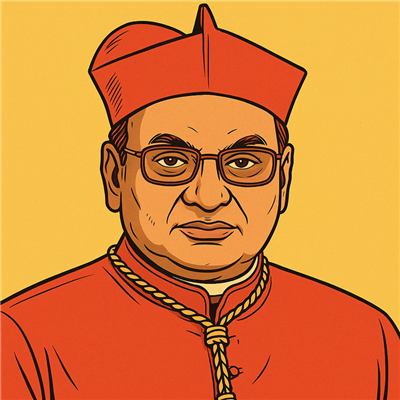
Sri Lanka
Sri Lankan cardinal with strong traditionalist positions, known for his attachment to traditional liturgy and defense of Catholic doctrine.
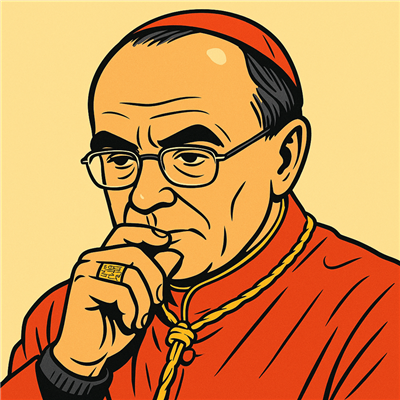
France
age: 75
French cardinal, Archbishop Emeritus of Lyon, known for his missionary dynamism but whose career has been marked by controversy over the handling of sexual abuse in his diocese.
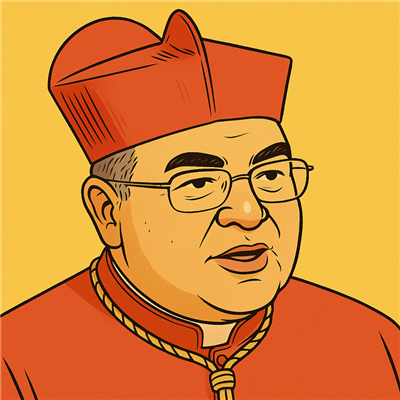
Brazil
age: 75
Brazilian cardinal, Archbishop of Rio de Janeiro, Cistercian, known for his social commitment in the favelas and his balanced pastoral leadership between tradition and openness.
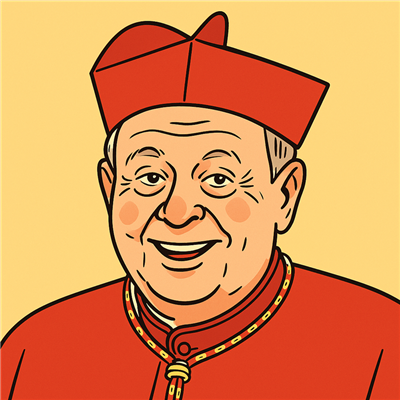
Italy
age: 75
Italian cardinal, Bishop of Como, known for his balanced pastoral approach and his work for the reception of migrants at the Swiss border, combining doctrinal fidelity and social commitment.
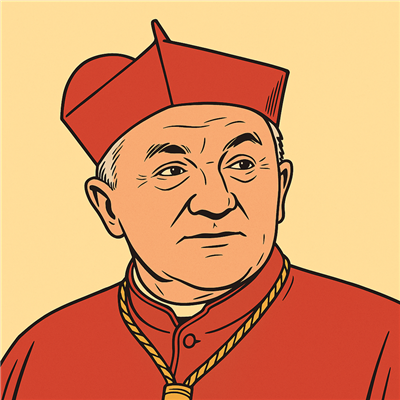
Poland
Polish cardinal, Archbishop of Warsaw, known for his balanced pastoral approach, combining Polish Catholic tradition with openness to dialogue in an evolving society.
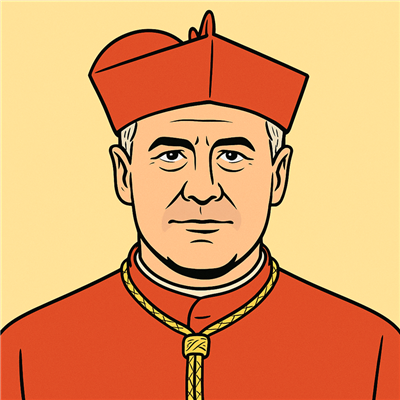
Lithuania
Lithuanian cardinal, administrator of St. Peter's Basilica, known for his administrative work and loyalty to the Holy See, with a balanced approach between tradition and pastoral modernity.
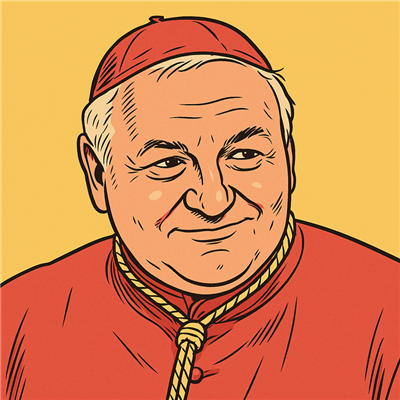
France
French cardinal, Archbishop of Marseille, known for his commitment to interreligious dialogue and his open pastoral approach in a multicultural city.
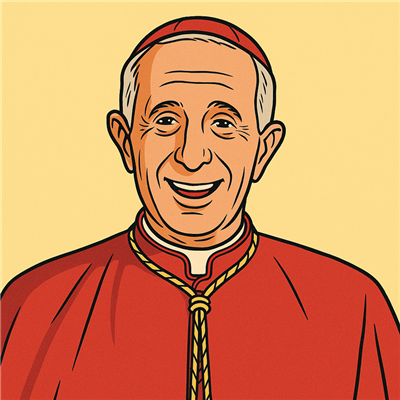
Argentina
Argentine cardinal, Archbishop Emeritus of Buenos Aires, successor of Pope Francis in this diocese, known for his discreet profile and balanced administration between tradition and renewal.
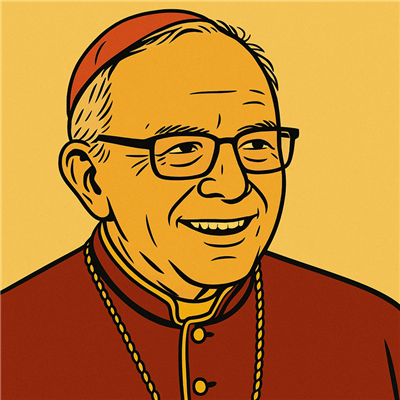
Portugal
Portuguese cardinal, Patriarch Emeritus of Lisbon, known for his balanced leadership and pastoral vision that respects tradition while dialoguing with contemporary society.

Italy
Italian cardinal, Bishop of Como, known for his balanced pastoral approach and his work for the reception of migrants at the Swiss border, combining doctrinal fidelity and social commitment.
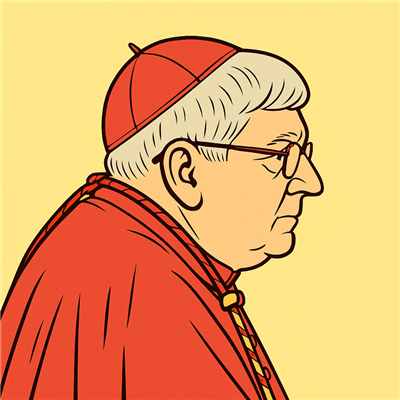
Canada
Canadian cardinal, Archbishop Emeritus of Toronto, known for his conservative positions on issues of moral doctrine and his commitment to defending religious freedom.
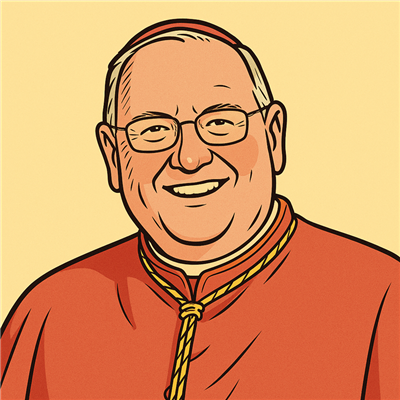
United States
American cardinal, Archbishop of New York, known for his media charisma and balanced leadership, combining social commitment and defense of Catholic tradition and moral values.
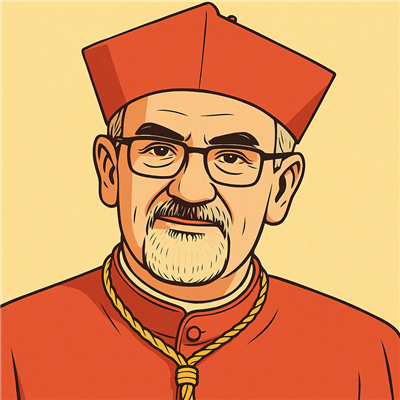
Israel
Italian cardinal, Latin Patriarch of Jerusalem, Franciscan, known for his expertise on the Middle East and his balanced leadership in a context of political and religious tensions.
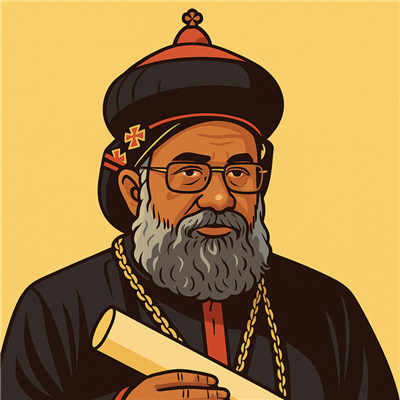
India
Indian cardinal of Syro-Malankara rite, known for his attachment to the Eastern traditions of the Church and his defense of traditional moral doctrine.

Ethiopia
Ethiopian cardinal of Eastern rite, known for his defense of traditional Church values and his pastoral work in a context of religious tensions.
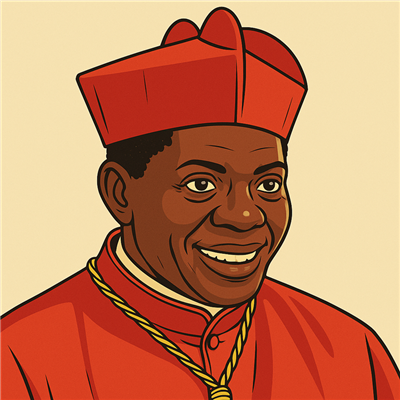
Tanzania
Tanzanian cardinal, Secretary of the Dicastery for Evangelization, known for his missionary expertise and balanced pastoral vision, combining doctrinal fidelity and cultural adaptation.

France
French cardinal, Archbishop Emeritus of Lyon, known for his missionary dynamism but whose career has been marked by controversy over the handling of sexual abuse in his diocese.
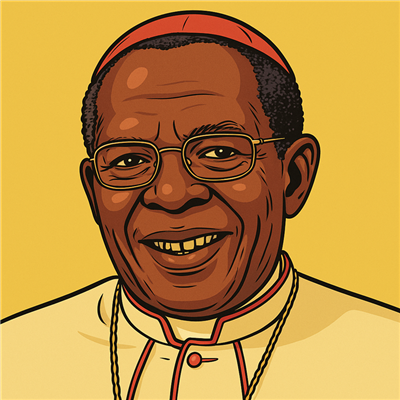
Kenya
Kenyan cardinal, Archbishop Emeritus of Nairobi, known for his conservative positions on moral issues and his leadership in the growing African Church.
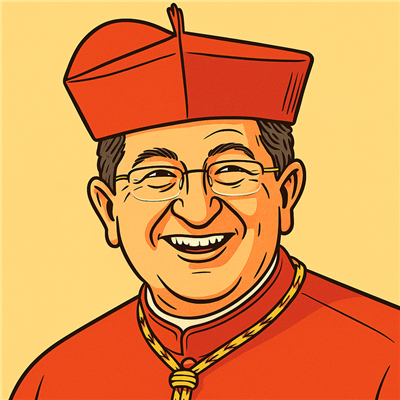
Italy
Italian cardinal, Archbishop of Florence, known for his conservative doctrinal positions and intellectual work, while remaining engaged in pastoral dialogue.
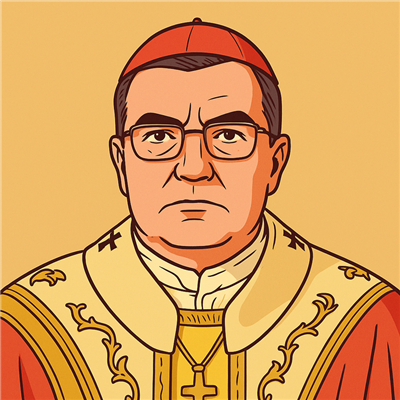
Croatia
Croatian cardinal, Archbishop of Zagreb, known for his conservative positions on moral issues and his commitment to traditional values in a post-communist context.

France
French cardinal, Archbishop Emeritus of Lyon, known for his missionary dynamism but whose career has been marked by controversy over the handling of sexual abuse in his diocese.
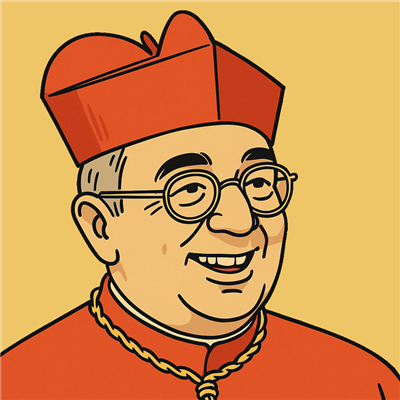
Italy
Italian cardinal, former vicar general of the pope for the diocese of Rome, known for his balance between liturgical tradition and moderate pastoral openness.